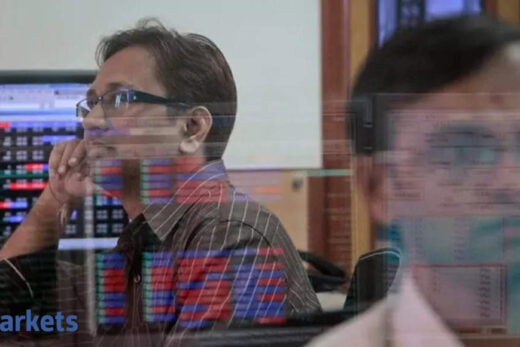“Short selling will help price discovery, particularly in securities which don’t have derivatives,” Kamath told ETMarkets.com in an interview.
In India, short-selling as seen in the US and other parts of the world is banned. The horrific episodes of the Harshad Mehta and Ketan Parekh scams in early 1990s and 2000s, respectively, have convinced the market regulator forever that it is better off without it.
Currently, the Securities and Exchange Board of India (Sebi) allows an individual investor to take intra-day short positions that must necessarily be squared off at the end of the session.
For institutional investors, who want to take short positions have to rely on the futures market, where they are limited by the need to expensively roll over their positions every three months if they want to hold a position for a longer time.
The absence of short-selling in the manner in which it is done in more advanced markets has hindered the development of the hedge fund industry in the country and deprived investors of an effective means to profit from the wrongdoings of company managements.
“Short selling and its constraints on funds like us should be evaluated differently for India compared with the US,” Kamath said.
“The biggest difference is that trading activity in stock derivatives on Indian exchanges is a lot higher, with our exchanges being one of the largest derivative venues in the world. That provides an efficient instrument for investors who want to short certain stocks. ”
In the world of financial investment, short-sellers are an outcast. They are anathema to the long-term buy-low-sell-high investing practice, whose proponents dot the investing landscape all across.
In March 2020, when markets from Tokyo to New York were falling like a pack of cards and every investor bore the brunt, industry veterans were quick to point fingers at the short-sellers, just like the Kings’ Landing crowd during Cersei Lannister’s ‘Walk of Atonement’ in the ‘Game of Thrones’.
Short-sellers are a breed of investors who bet on a stock to fall with borrowed shares and then buy it back when the price drops according to their expectations. They are the ones who profit from the misery of the long-term buyers. They are the Shylock in Shakespeare’s
Merchant of Venice, hated for what they are good at.
Yet, short-sellers have unearthed some of the biggest financial frauds ever committed in the investing world. From Enron to Luckin Coffee, from Wirecard to Hin Leong – short-sellers saw what regulators, common investing folks and the media often missed.
“It is the short sellers who are the real-time financial detectives, whereas the regulators are often financial archaeologists,” the most famous short-seller of them all, Jim Chanos, once said.
Kamath’s position, perhaps, suggests the need for a new conversation about bringing back short-selling in India, especially, given the rampant price manipulation that is prevalent in the more illiquid parts of the market.
“The regulator needs to balance the demand for better price discovery mechanisms with the need to prevent price manipulation, particularly for less liquid stocks,” Kamath said.
With Sebi hell-bent on reducing adventurous means for investors participating in the market, Kamath’s advice may fall on deaf ears for the time being. Yet, one can hope that as the market matures in the coming years, the outcasts would get the recognition they deserve.



